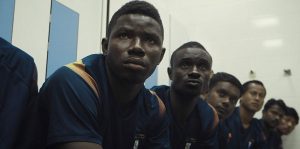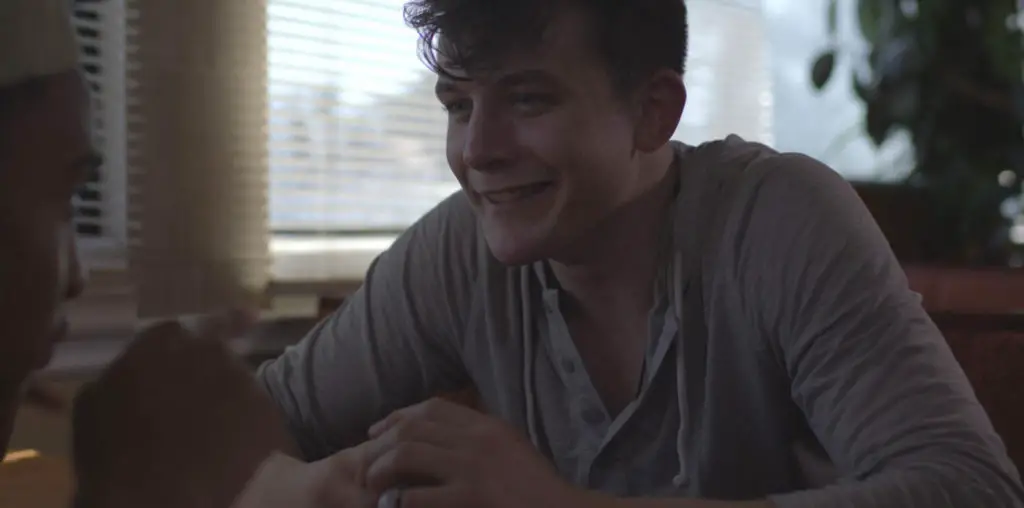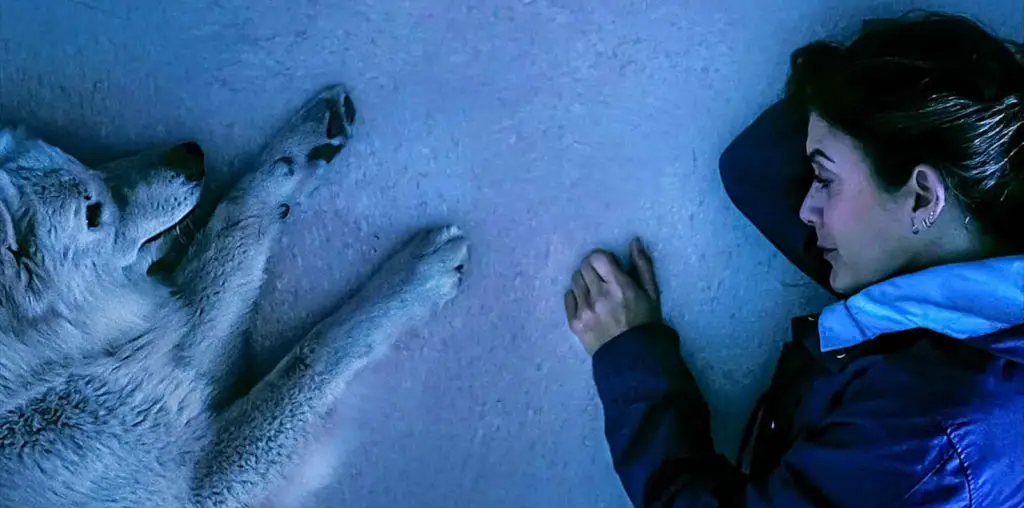
Adam Sobel’s 2017 documentary, The Workers Cup is a maddening heart-wrenching inside look into a group of construction workers in Qatar, building facilities in preparation for the 2022 FIFA World Cup. It was nominated for the Grand Jury Prize for World Cinema-Documentary at the 2017 Sundance Film Festival and won The McKinnis Sports Documentary Award for Best Sports Documentary at the 2017 Hot Springs Documentary Film Festival.
At first glance, The Workers Cup appears to be a sports movie, but like most good sports movies, whether they’re documentary or fictional narrative, there’s more to it than just the football (soccer for you heathens out there). The documentary was filmed in Qatar on the work sites of the stadiums and other new facilities that are being constructed for the 2022 World Cup. Being chosen to host the FIFA World Cup is a very prestigious opportunity. It brings international recognition and a whole lot of money. Something that doesn’t get discussed much is the thousands and thousands of man-hours that go into constructing the stadiums and other facilities for these Quadrennial events.
I feel a little embarrassed to mention that prior to watching The Workers Cup, I had no idea that The World Cup was being hosted in Qatar next, let alone hardly anything else about the country. I knew that it is a tiny country in the Middle East. However, I didn’t know that it was in competition with U.A.E. (Dubai, in particular) for having some of the most extravagantly opulent high rise towers in the world. The cinematographers, Nazim Aggoune and Joe Saade, do an excellent job of capturing these breathtaking modern behemoths, as well as their not so lavish counterparts, the camps where the construction workers live. They’re called camps, but they actually run the range from looking like cheap motels to trailer parks, to abandoned office buildings. Workers sleep anywhere from two to four in a room, eat and shower communally and work 12 hours a day six or seven days a week. It’s the law that workers have one day off, but the bosses, of course, won’t fault someone for overworking themselves because it is in their best interest.

“…the thousands and thousands of man-hours that go into constructing the stadiums…for the World Cup.”
Most of the workers in these companies are immigrants from other countries. Such as India, Nepal, Ghana, Kenya, etc. There are countless developers in Qatar, but Adam Sobel chose to study the lives of the workers of GCC, or Gulf Contracting Company. The foreman, Sebastian, is very sympathetic to the plight of the workers, as he is not in too much of a better position than the workers themselves. At one point he drives from the camp to show some of the other camps and tells us that over 60% of the population of Qatar are migrant workers. In another scene, Arjun, a worker is walking through the mall that is part of one of the many developments GCC is constructing. The first floor is open to the public, and the workers who built the place are not even allowed to be in the building when the mall is open.
FIFA and the nation of Qatar decide that for the sake of “morale”, they’ll let the workers who are building the World Cup football stadiums to have their own football competition, to be called The Workers Cup. Everyone is incredibly excited about having a chance to do something else besides work 12 hours a day building stuff for rich people. We meet several of the members of the team as we watch them go through the competition. For most of the workers, this is the most exciting thing to have ever happened to them. Several of the workers actually played football as children or in one case, played professionally at a certain point.

“…the workers who built the place are not even allowed to be in the building when the mall is open.”
The theme of The Workers Cup is maintaining hope in what seems like the most hopeless of situations. Being poor anywhere is incredibly difficult, but even some of the poorest people in the US are doing leaps and bounds better than the GCC workers, where even the guys working in the office are making only $400 or possibly a little more a month. Most people feel stuck there or they literally are, because in order to work for one of these contractors, one must sign their life away for at least a year if not longer. Many of the workers had children and wives, or even girlfriends that they miss dearly. The football competition was a distraction for them. Some workers got carried away with the fantasy, especially poor Kenneth, a 21-year-old from Ghana. He was convinced that being the captain of the GCC team may get him access to the actual Qatari football league, to which the coach tells him he has to work in Qatar for 5 years before that could even become a possibility.
Other workers, especially Sebastian, know what the deal is since he had been working for GCC and living in Qatar for quite some time. He says “When we started this game, I thought they wanted to boost this game in Qatar. They wanted these guys to participate in Qatar. It is just mockery. Doing some article or photograph in the newspaper and showing the white people we are doing perfectly here. They’re under very big pressure because they are abusing the humans here. We have rights! We are not slaves! We have rights! We are better than anybody. Think like that and you can come up (from where you are).”
There are a lot of moments in the film that brought me to the brink of tears. These men are doing the hardest work out there for almost no reward, then here in the US, at this very moment, someone is screaming at a barista for not putting whipped cream on their caramel macchiato. The disparity is appalling. Most of us are content to keep our heads in the sand and pretend like the rest of the world doesn’t exist. I’m glad that films like The Workers Cup are around to remind us, that yes, it definitely does, and it’s not always pretty.

The Worker’s Cup (2017) Documentary Directed by Adam Sobel.
8 out of 10 stars


